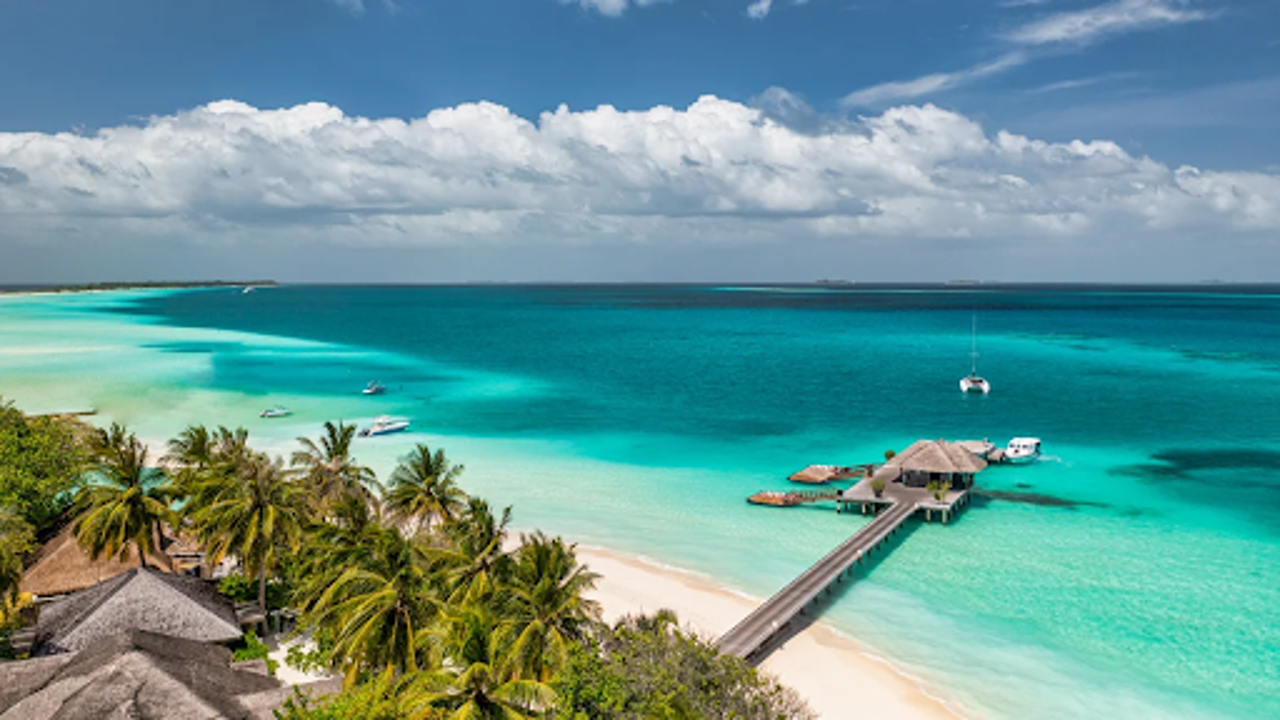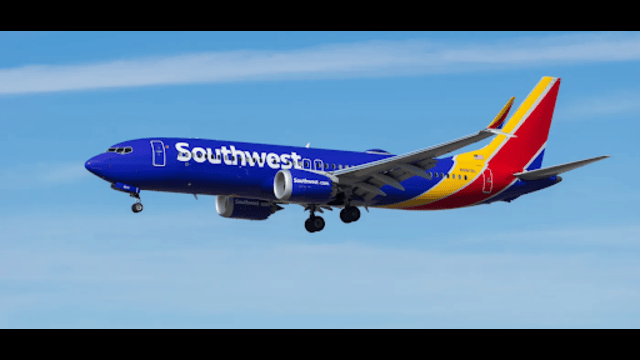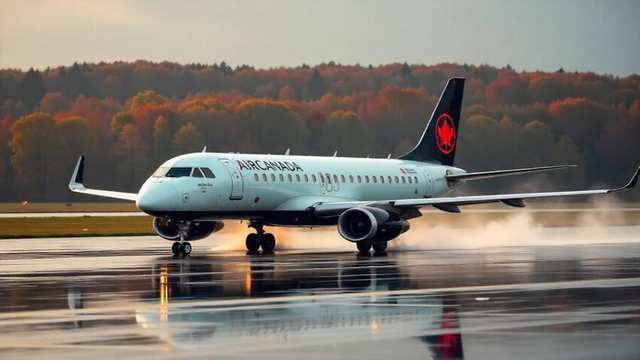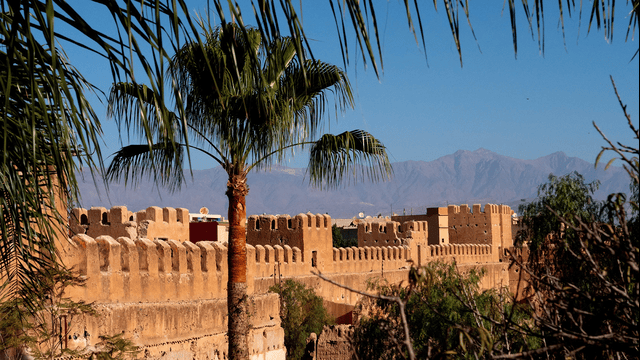
A bird's-eye view of a beach in the Maldives. Getty Images
The Maldives, famous for its stunning white sand beaches and vibrant coral reefs, is known as one of the world’s most expensive vacation spots. But now, it’s become even costlier for tourists to leave.
Starting December 1, travelers departing the Maldives will face a significant increase in the exit fees, which will rise up to four times higher than before. The departure tax, which varies depending on the class of service, will be much steeper for all non-Maldivian visitors. For example, economy class passengers will pay $50 (up from $30), business class travelers will face a $120 charge (up from $60), and first-class passengers will pay $240 (an increase from $90). Those flying on private jets will be hit hardest, with a tax of $480 per person, compared to the previous rate of $120.
This new exit fee does not depend on the duration or destination of the flight. Whether a traveler is flying to a nearby destination like Delhi or a far-off one like London, the departure tax remains the same. This means that a four-hour flight and an 11-hour flight from the Maldives will carry the same fee.
The Maldives Inland Revenue Authority (MIRA), which announced the fee hike in November, stated that the revenue from these taxes will be used for maintaining and improving Velana International Airport (MLE), the country’s main airport.
While this new charge may come as a surprise to some, many tourists may not even notice it. This is because the fees are typically added to the cost of the airline ticket when booking, so passengers will not need to pay the tax directly at the airport. For example, Beond, a new all-business-class airline operating to the Maldives, has advised its customers to purchase tickets before November 30 to avoid the increased departure tax.
The Maldives, an archipelago of over 1,000 islands, is situated off the southern coast of India. With a population of about 525,000 people, most of whom live in the capital city, Malé, the country’s economy relies heavily on tourism. It’s a luxury destination that attracts high-end travelers, with many resorts and hotels offering private islands. The Maldives is home to some of the world’s most luxurious hotel chains, including Ritz-Carlton, Six Senses, and St. Regis, where room rates can run into thousands of dollars per night.
Despite the influx of international tourists and the profits it brings, the Maldives faces challenges in balancing the wealth generated by tourism with the needs of its local population. The average annual income for Maldivians is around $12,000, a stark contrast to the lavish spending of the luxury tourists who flock to the islands.















